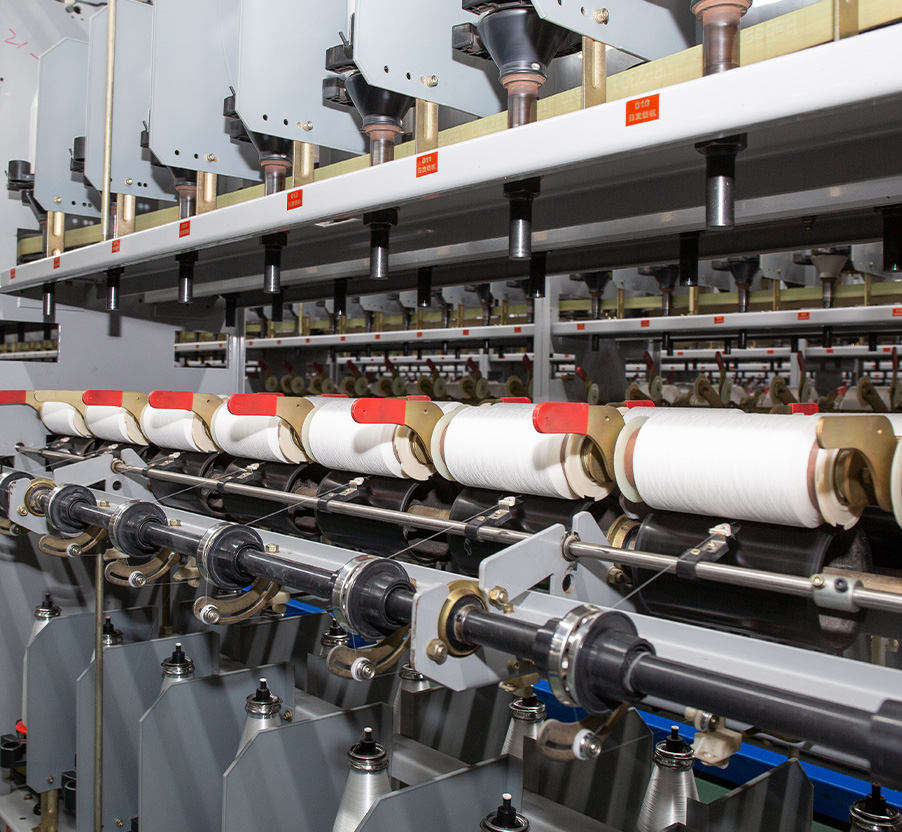Can These Eco-Friendly Fabrics Transform Women's Fashion for a Sustainable Future?
Eco-friendly fashion for women emphasizes the use of sustainable materials and ethical production practices. Eco-friendly fabrics like acetate, Tencel, linen, organic cotton, copper ammonia, rayon, and recycled synthetic fibers are integral to sustainable women's fashion.
Acetate
Acetate is a semi-synthetic fabric derived from cellulose, often sourced from wood pulp. It is known for its silky appearance and smooth texture, making it popular in dresses, blouses, and linings. While it’s biodegradable, the sustainability of acetate largely depends on the production process. Eco-friendly acetate production involves using sustainably managed forests and minimizing the use of harmful chemicals. Manufacturers are increasingly adopting greener methods to make acetate a more environmentally friendly choice.
Tencel (Lyocell)
Tencel, also known as lyocell, is a fabric made from wood pulp, primarily from eucalyptus trees, using an environmentally friendly process. This process involves a closed-loop system that recycles almost all of the water and solvents used. Tencel is soft, breathable, and has excellent moisture-wicking properties, making it ideal for a variety of clothing items such as dresses, blouses, and activewear. Its biodegradability and lower environmental impact compared to traditional fabrics make Tencel a leading choice in sustainable fashion.
Linen
Linen, produced from the flax plant, is one of the oldest and most sustainable fabrics. Flax grows in poor soil and requires minimal water and pesticides. Linen fabric is durable, breathable, and naturally antibacterial, making it suitable for warm-weather clothing like dresses, shirts, and trousers. Its production process is relatively low-impact, and linen is biodegradable, ensuring it does not contribute to long-term environmental damage. The longevity of linen garments also means they are less likely to be disposed of quickly, reducing waste.
Organic Cotton
Organic cotton is grown without synthetic pesticides or fertilizers, which helps maintain soil health and reduces water usage. It is a versatile and breathable fabric used in a wide range of clothing items, from t-shirts to dresses. Organic cotton is biodegradable, and its cultivation supports sustainable farming practices. While it still requires significant water, organic cotton has a lower environmental footprint compared to conventional cotton and supports the health of farming communities.
Copper Ammonia
Copper ammonia, or cupro, is a regenerated cellulose fiber derived from cotton linter, the short fibers surrounding cotton seeds. The production process involves dissolving the cellulose in a copper-ammonium solution. Cupro fabric is silky, breathable, and drapes well, often used in high-end fashion for dresses and blouses. It is biodegradable and has a lower environmental impact when produced in a closed-loop system that recycles water and chemicals, making it a more sustainable alternative to conventional silk and other luxurious fabrics.
Rayon
Rayon is a semi-synthetic fiber made from cellulose, typically derived from wood pulp. While it mimics the feel and texture of natural fibers like silk, cotton, and wool, the traditional production process involves harmful chemicals. However, eco-friendly versions like viscose made using the Lyocell process (similar to Tencel) are more sustainable. These versions are biodegradable and have a reduced environmental impact. Rayon is versatile and widely used in various types of clothing, offering a sustainable alternative when produced responsibly.
Recycled Synthetic Fibers
Recycled synthetic fibers, such as recycled polyester and nylon, are made from post-consumer plastic bottles and discarded fishing nets, respectively. These fabrics help reduce waste and limit the demand for virgin materials. Recycled polyester, for example, maintains the durability and versatility of traditional polyester but with a significantly lower environmental footprint. It is commonly used in activewear, outerwear, and swimwear. Similarly, recycled nylon is strong and flexible, making it suitable for hosiery, swimwear, and performance clothing. These materials help divert plastic waste from landfills and oceans, contributing to a circular economy.

 English
English русский
русский Español
Español























